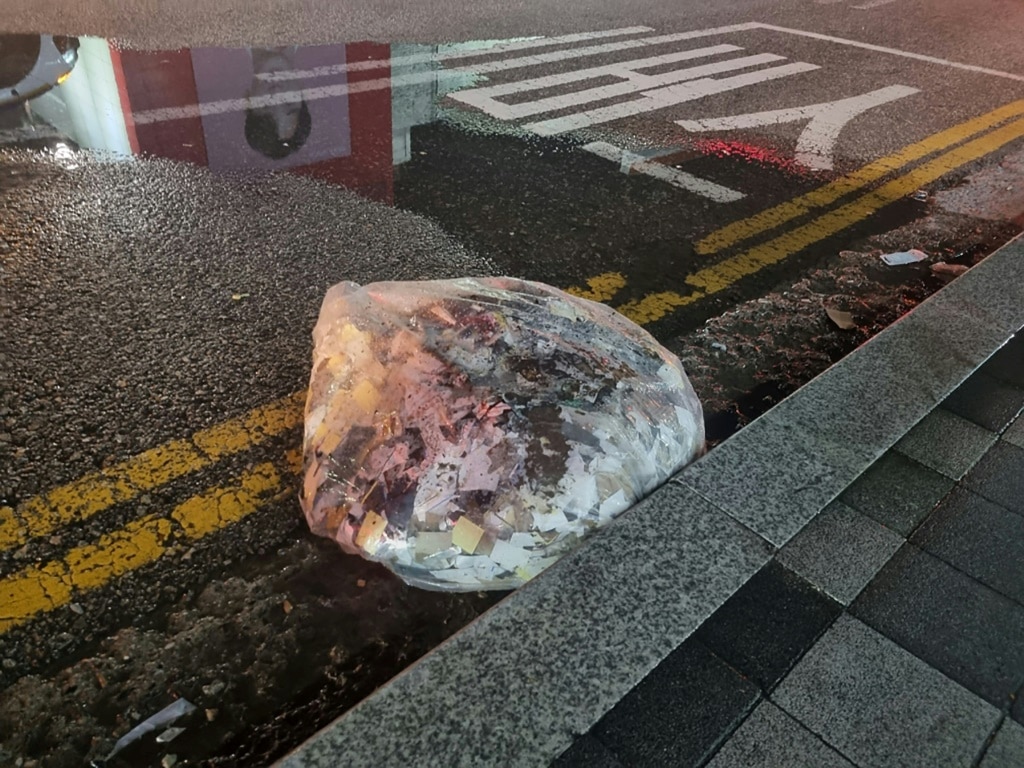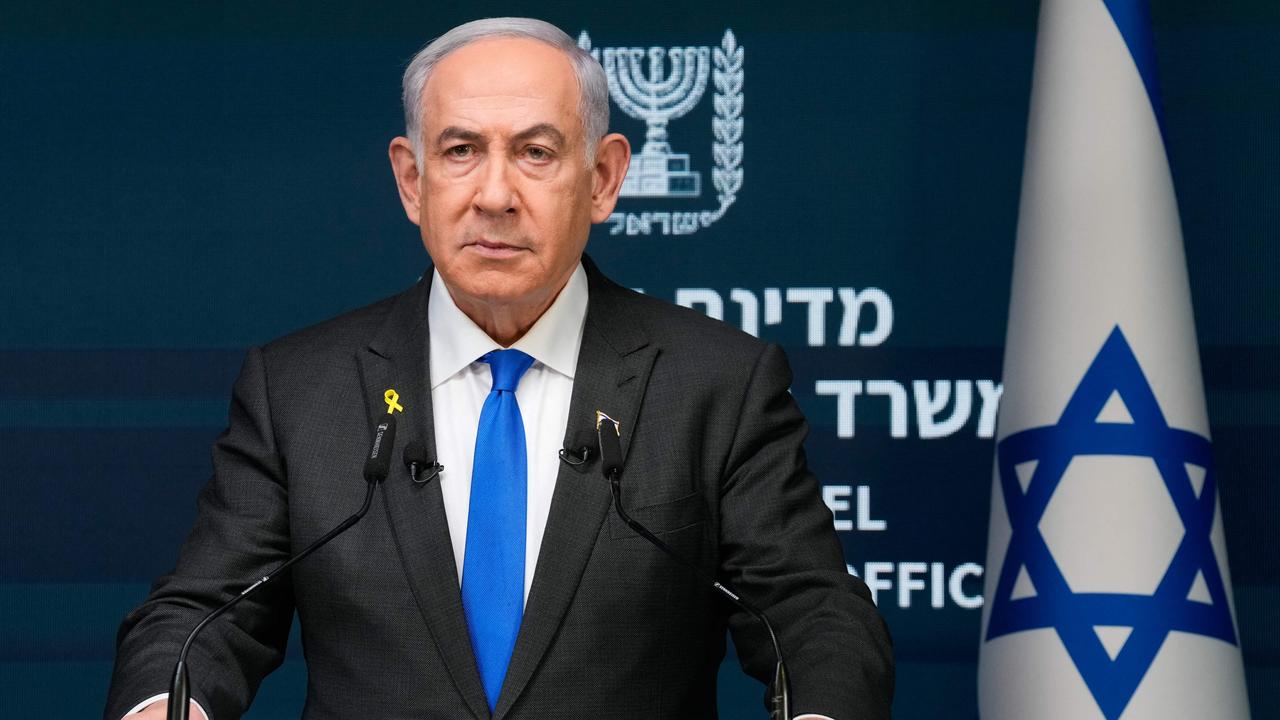South Korea threatens North with military following ‘petty, shameful’ trash balloon ordeal
South Korea has put its foot down following the disturbing North Korean trash balloon saga, warning Kim Jong-un of serious retaliatory measures.
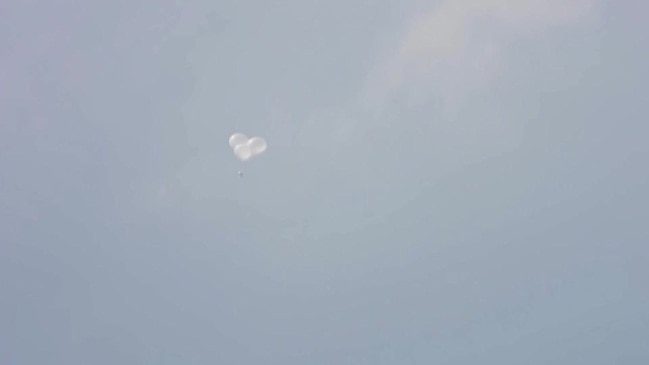
World
Don't miss out on the headlines from World. Followed categories will be added to My News.
South Korea’s military has warned that it may respond with force if North Korea’s ongoing use of “trash balloons” causes any casualties.
South Korea’s Joint Chiefs of Staff have put their foot down following the peculiar incident, which quickly became a hot talking point across the globe.
Officials now say they are considering ramping up measures to let Kim Jong-un know how serious they are about border breaches by malicious flying objects.
“This is an internationally shameful and petty act,” spokesman Lee Sung-joon said this week, criticising North Korea’s tactics as an attempt to incite conflict.
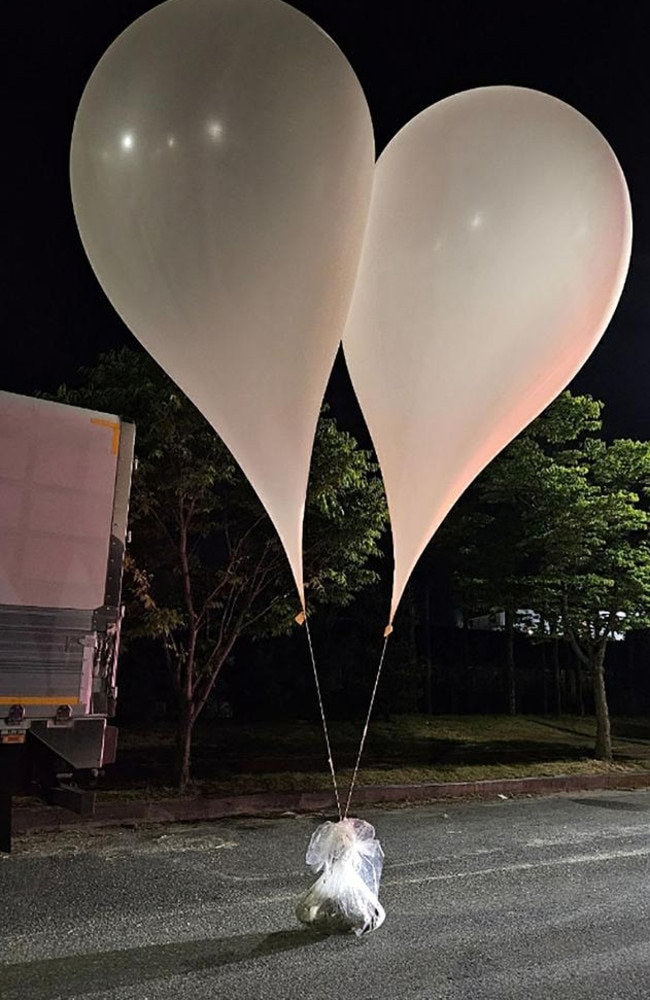
While no incidents so far have justified a military response, Lee indicated that the situation could escalate if there were any direct harm caused to civilians.
“If North Korea’s continued trash balloons are judged to pose a serious threat to the safety of our citizens … the military will take stern military action,” he warned.
According to officials, North Korea has launched some 5,500 balloons on 22 different occasions from May through September, including 120 in just two days recently.
The balloons are mostly filled with household waste like paper, plastic bottles and faeces. Fires have also broken out in some metropolitan areas where the infested droppings land, believed to be sparked by heat timers attached to the balloons.
South Korea has considered physically intercepting the balloons, but officials remain cautious, fearing that hazardous materials could be released.
The threat has also led to temporary shutdowns at Incheon International Airport, a major transport hub in Seoul’s west.
South Korea estimates that North Korea has spent around 550 million won (AU$602,000) on producing the balloons, which some believe are in retaliation to humanitarian groups sending aid over the border in an attempt to assist North Korea’s most oppressed.
Several organisations have sent their own balloons north, often carrying rice, medicine, and leaflets critical of the Pyongyang regime, actions that have also drawn sharp protests from North Korean officials.
Pyongyang sees these campaigns as a threat to the regime’s tight control on information, which is the bedrock of its power as a one-party state.
Earlier this year, Kim Kang Il, vice-minister of defence in North Korea, had issued a statement promising “tit-for-tat action” in response to South Korea’s “propaganda efforts”.
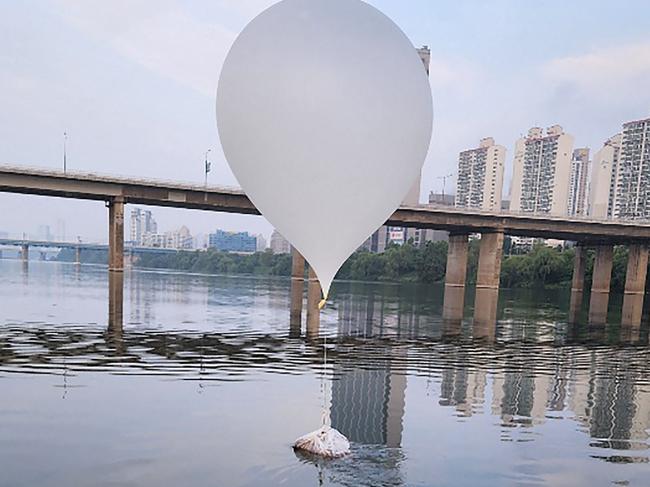
North Korea has used balloon tactics before, but experts say the latest launches mark a significant escalation in their strategy.
Seoul has, in turn, accused North Korea of violating international laws and threatening the safety of its people, stressing that the provocations have gone beyond symbolism.
The Joint Chiefs of Staff stated that while no hazardous materials had yet been identified, the situation remains volatile.
Some military officials have called for shooting down the balloons, but concerns remain about potential contamination from hazardous substances spreading across the skies.
The two Koreas remain technically at war, separated by a heavily fortified border since the 1950-53 Korean War ended in an armistice. The latest provocations, however, have further strained an already fragile peace.
In the meantime, the rest of the world watches on as relations sit on a knife’s edge.
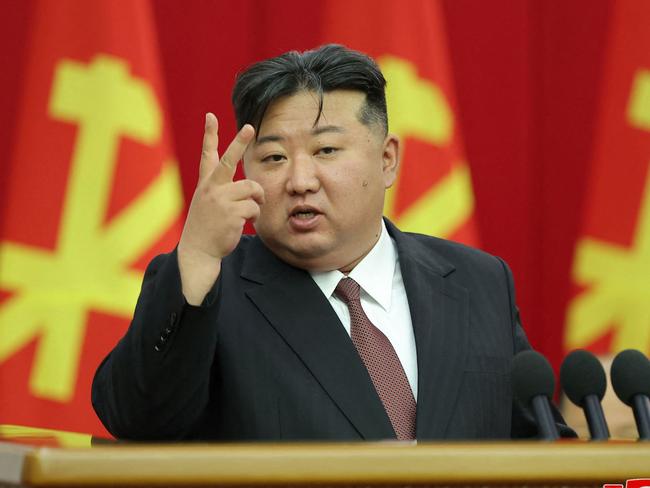
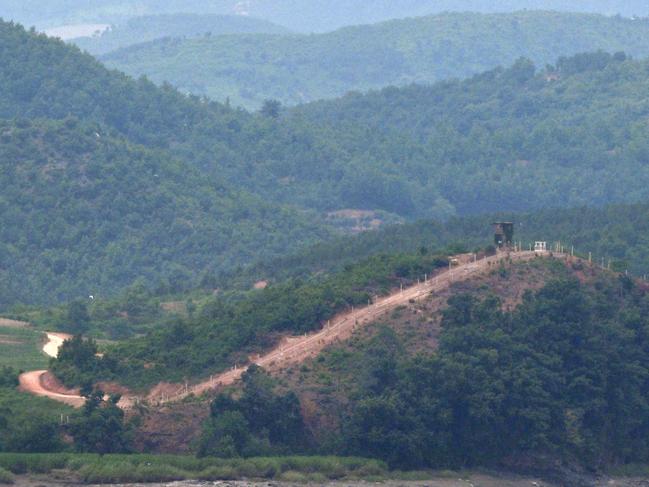
Peter Lee from the Asan Institute of Policy Studies says the world has developed a “macabre fascination” with the North. While that might be true, there’s nothing like a portly, trigger-happy dictator with a bizarre haircut when it comes to selling newspapers.
“Outside Korea, coverage of North Korea unfortunately seems to swing between macabre fascination, imminent conflict, and utter disinterest,” Peter Lee says.
But the allure appears to be for the rest of the planet to fixate on. Meanwhile, locals living in the metaphorical crosshairs of Kim’s dynasty are more concerned about problems at home.
Mr Lee explains that the South has simply been forced to cope with the fact their neighbour is an infamous international celebrity who openly defies the US.
“It often looks like those living closest to danger seem to carry on the most normally, whether that is in South Korea, Taiwan, or parts of the Middle East and Eastern Europe,” Mr Lee, a research fellow at Asan, told news.com.au.
“That is partly a coping mechanism for surviving in perpetual tension, but it also reflects an acute sensitivity to risk.”
Outside the odd poo balloon dropping on their doorstep, South Koreans are mostly “uninterested” in all things North Korea, according to Seonjou Kang from the Institute of Foreign Affairs and National Security.
She says neo-conservative calls to arm the nation with nuclear weapons to match their neighbour’s arsenal have also fallen flat.
“The public hopes to have better relations with the North, but they are largely uninterested and are not thinking about reunifying,” she explained.
“Most of the public are aware the North has nuclear weapons, but they are also uninterested in South Korea arming itself with similar weapons.
“Some political groups talk about arming South Korea with nuclear weapons, but their ideas have not drawn huge support from the public.
“Even though leaders are constantly aware of the threat, the majority are desensitised.”
More Coverage
Originally published as South Korea threatens North with military following ‘petty, shameful’ trash balloon ordeal


